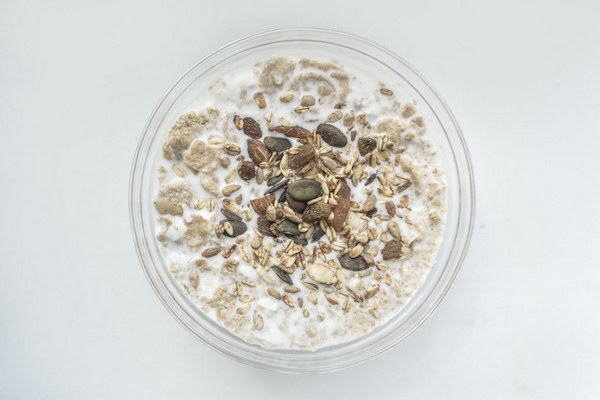Mugwort for Liver Support A Traditional Remedy for Modern Wellness
Mugwort, a versatile herb known for its ancient medicinal properties, has been used for centuries to support liver health. Often referred to as Hao Yang Gan in Traditional Chinese Medicine (TCM), this herb has gained popularity in the modern world for its potential benefits in enhancing liver function and overall well-being. This article delves into the fascinating world of mugwort and explores its role in liver care.
Understanding Mugwort (Artemisia argyi)
Mugwort, scientifically known as Artemisia argyi, is a herb native to China and parts of Southeast Asia. It belongs to the Asteraceae family, which also includes daisies and sunflowers. This plant has a long history of use in traditional medicine, particularly for its properties that support liver health.
Mugwort is characterized by its feathery leaves and small, white or pink flowers. It can be found in various forms, including fresh leaves, dried herbs, and essential oils. The active compounds in mugwort, such as thujone and sabinene, are believed to be responsible for its therapeutic properties.
The Liver's Role in Health
The liver plays a crucial role in maintaining overall health. It is responsible for filtering toxins from the blood, producing bile for digestion, storing vitamins and minerals, and regulating blood sugar levels. When the liver is not functioning optimally, it can lead to a range of health issues, from fatigue and digestive problems to more serious conditions like liver disease.
Mugwort's Benefits for the Liver
1. Detoxification: Mugwort is known for its detoxifying properties, which help to cleanse the liver of harmful substances. By supporting the liver's natural detoxification processes, mugwort can help to improve liver function and reduce the risk of liver disease.

2. Anti-inflammatory: The anti-inflammatory properties of mugwort can help to reduce inflammation in the liver, which is often associated with conditions such as hepatitis and cirrhosis.
3. Antioxidant: The antioxidants in mugwort can protect the liver from oxidative stress, which is a key factor in the development of liver disease.
4. Blood Sugar Regulation: Mugwort has been shown to help regulate blood sugar levels, which is important for maintaining liver health.
How to Use Mugwort for Liver Support
There are several ways to incorporate mugwort into your daily routine for liver support:
1. Tea: Brew mugwort tea by steeping dried leaves in hot water for about 10-15 minutes. Drink it once or twice a day.
2. Tincture: Mugwort tincture can be taken internally to support liver health. Follow the dosage instructions provided by the manufacturer.
3. Topical Application: Some people use mugwort topically to alleviate muscle pain or joint stiffness. Apply a small amount of mugwort oil or cream to the affected area as needed.
4. Herbal Formula: Mugwort is often included in herbal formulas designed to support liver health. These can be found in capsule or tablet form.
Conclusion
Mugwort, with its ancient roots and modern applications, offers a natural way to support liver health. By incorporating this versatile herb into your wellness routine, you may be able to enhance liver function and promote overall well-being. As with any supplement, it's important to consult with a healthcare professional before starting a mugwort regimen, especially if you have underlying health conditions or are taking other medications.









